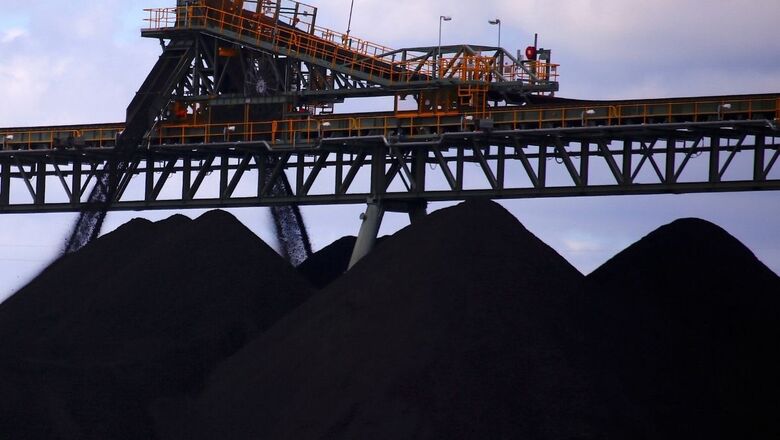
views
Customs authorities in China have told several state-owned steelmakers and power plants to stop importing Australian coal, the Guardian reported two industry newswire services as saying.
The decision comes amid deteriorating relations between Australia and its top trading partner China after Canberra called for an investigation into the origins of the novel coronavirus, angering Beijing.
The move affects both thermal and coking coal.
Trade Minister Simon Birmingham said the Australian government was aware of the reports and was talking over the issue with the nation’s resources industry. He said the industry had “previously faced occasional disruptions to trade flows with China”.
The Minister said Australia would continue to highlight their standing as a reliable supplier of high-grade resources that provided mutual benefits.
The Minerals Council of Australia has played down any extended impacts. It insists the outlook for Australian coal remains positive in the medium term.
S&P Global Platts, said in a recent report that “state-owned utilities and steel mills in China received verbal notice from China’s customs to stop importing Australian thermal and coking coal with immediate effect”, citing several sources close to the matter.
Similarly, Argus Media said a major northeast China state-owned steel producer received verbal notice of the ban this afternoon, but with few details available. “Other details are still being communicated by authorities and will not be immediately available, said a mill contact”, the report read. The publication said some operators were yet to receive the notice.
“Other mills in different regions of China have not been told to stop imports, but some participant said the policy could be progressively rolled out with mills notified one by one over the next few days or weeks,” the report said.
Chinese investment in Australia almost halved in 2019, recent data has showed. Researchers from the Australian National University said Chinese investment Down Under plunged from Aus$4.8 billion (US$3.5 billion) to just Aus$2.5 billion last year.
Professor Peter Drysdale, who led the data research, said the Aus$1.43 billion purchase of infant formula producer Bellamy’s Australia by China’s Mengniu Dairy accounted for more than half of that investment.
It was the third consecutive year that Chinese investment in Australia dropped since peaking at Aus$15.8 billion in 2016.
The steep fall far outpaced a global decline in China’s overseas ventures of 9.8 percent last year, reflecting the bilateral political tensions, Drysdale said.
“(In) the last few years, clearly Chinese investors have found the investment environment in Australia less certain and have been more cautious about undertaking investment in Australia,” he told AFP.
In June, Australia announced tougher measures to block or overturn new foreign investments deemed to compromise national security — a move widely viewed as an effort to limit growing Chinese influence.
The country has barred Chinese telecoms giant Huawei from being a major player in its 5G rollout owing to concerns about its relationship with state security agencies, a decision that riled Beijing.
Drysdale said structural changes were also partly to blame, with Chinese investors retreating from mining and resources as the commodity boom weakened.
While Chinese investment in Australian real estate and agriculture also fell in 2019, the ANU researchers found some “modest gains” in the construction, education and finance sectors.
Drysdale said it was important for Australia to consider how to reverse the “continuing downward trend” due to the key role of foreign investment in supporting economic growth and trade.
“Whether that can be changed quickly or not is another question altogether because it very much depends on how purposeful (an) approach there is to mending the relationship between the two countries,” he said.
China — Australia’s biggest trade partner — has in recent months imposed tariffs on Australian products from beef to barley and has discouraged Chinese students and tourists from heading Down Under.
(With inputs from AFP, AP)
Read all the Latest News and Breaking News here















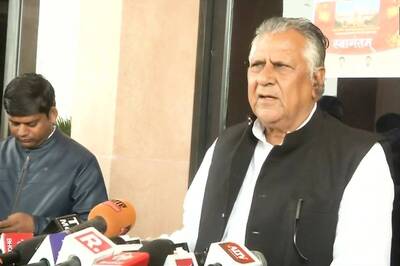
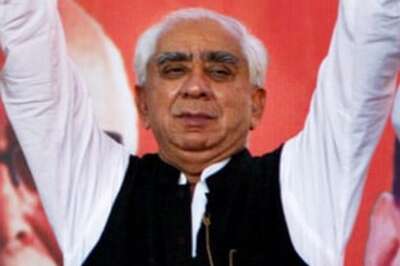
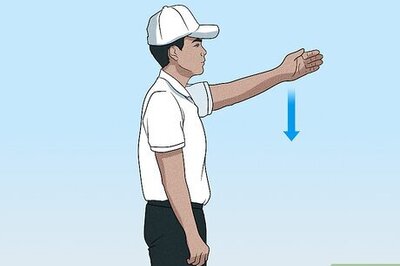
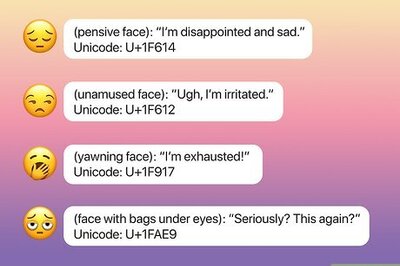
Comments
0 comment